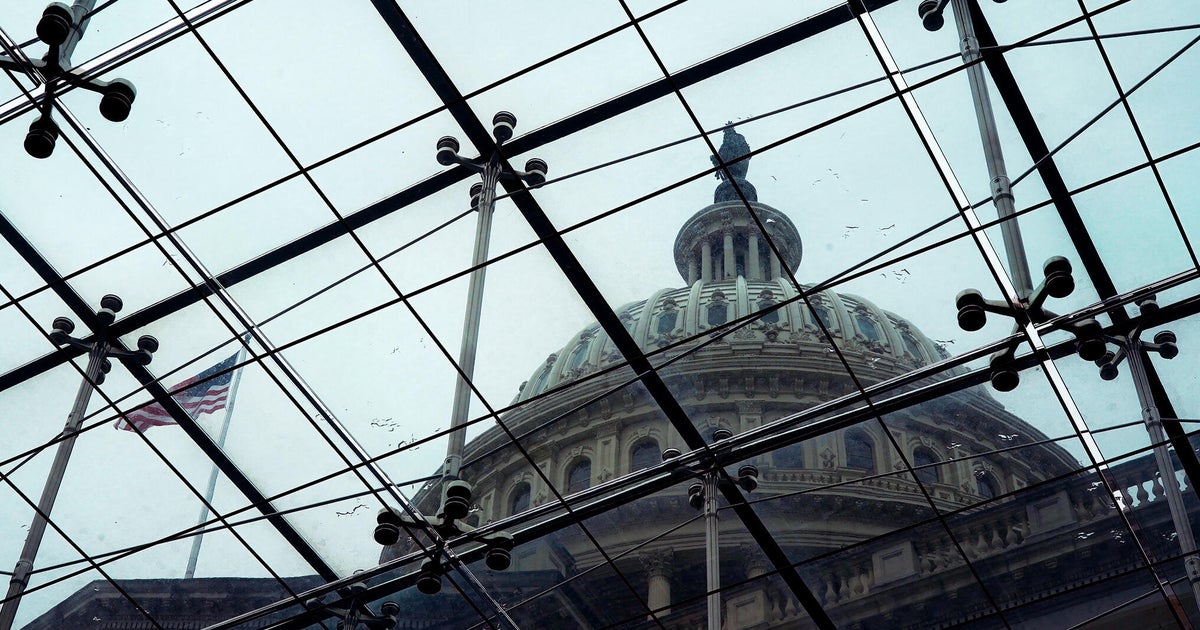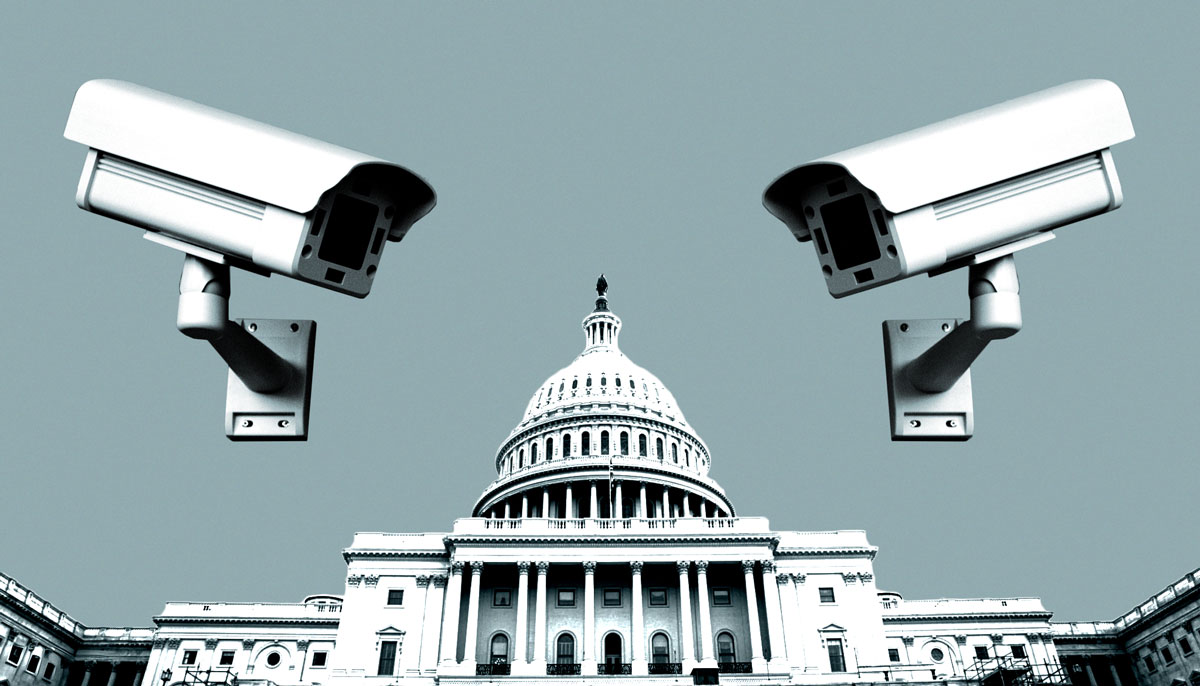Old tech, staffing shortages led to unemployed workers waiting weeks for jobless aid
After losing her administrative job last spring, Kentucky resident Jennifer Graves didn't have to wait long to start receiving emergency federal unemployment benefits as COVID-19 crippled the U.S. economy. It was when the single mother of four had to affirm her status at the end of 2020 that she ran into trouble: Her benefits of $587 a week suddenly showed up as "zero" in the state's unemployment system. She reached out to the officer help, but to no avail.
"My emails to them got a little more desperate, and more desperate. I actually did not have enough money to pay April bills. I barely had $100 in my checking account," she said. "I would fret about how much gas I was putting in my car."
In mid-March of this year, 11 weeks after her payments stopped, Graves got a lump sum with the back pay she was owed amounting to nearly $5,000. She celebrated by going to the grocery store for the first time in weeks and buying her 12-year-old daughter taquitos. Then, in April, the payments stopped again, and Graves couldn't reach the unemployment office for weeks.
Graves' ordeal is hardly unique. In fact, the challenge of using unemployment insurance — a vital safety net for Americans during the more than a dozen recessions that have followed the Great Depression — is one that has bedeviled thousands of unemployed people during the COVID-19 crash, according to a new report by a federal watchdog.
A decrepit jobless aid system
Even after Congress expanded federal safety-net programs with the Coronavirus Aid, Relief, and Economic Security Act (CARES) Act last spring, states dragged their feet in getting those programs up and running. Outdated technology and understaffing in the nation's unemployment offices meant many jobless workers waited weeks to get federal benefits, according to the Labor Department's Office of the Inspector General.
Freelancers and gig workers who lost work waited an average of five weeks (38 days) for their first payments under the Pandemic Unemployment Assistance program, according to the OIG's audit. Another government program that extended benefits for workers who were unemployed longer than six months, called the Pandemic Emergency Unemployment Compensation Program, made unemployed workers wait nearly two months (50 days) on average for their first payments. And it took nearly a month (25 days) for a federal weekly supplement of $600 to be paid out to unemployment claimants, the OIG found.
The 30-plus day wait times are "longer than a typical billing cycle," the report noted, calling it "an unreasonable length of time for [unemployment insurance] claimants experiencing financial hardships as they struggled to pay bills and satisfy basic needs, such as food and housing."
Wait times also varied drastically from state to state. Jobless workers in New Hampshire waited an average of only three days for their first Pandemic Unemployment Assistance payment, while self-employed people in New York were forced to wait an average of 10 days. But jobless workers had to wait an average of 60 days in Nevada, 61 days in Kansas and a staggering 111 days, or three and a half months, in the Northern Mariana Islands, a U.S. territory.
A waste of $39 billion
Even as states delayed getting money out the door, they also didn't do enough to prevent fraudulent payments, the Labor Department watchdog found. About 40% of states didn't report improper payments, as required by law, while a similar percentage didn't try to recover money that had been overpaid, according to the OIG.
Considering that a typical benefit program has a fraud rate of around 10%, the inspector general estimated that as much as $39 billion of CARES Act assistance was wasted, saying the funds "could have gone to better use."
Unemployment experts have long called for upgrades to the U.S.' outdated patchwork of jobless aid systems. Last month, Senate Democrats introduced a bill to modernize state systems, many of which are decades old, as well as equalize benefits among states, which range from a low of $235 a week in Mississippi to $840 a week in Washington state.
"The pandemic has exposed long-standing weakness in the bedrock state unemployment program and federal benefits," Andrew Stettner, a senior fellow at the progressive Century Foundation and leading voice on unemployment benefits, said in a statement. "Congress was forced to hastily patch holes in the safety net on the fly in response to the pandemic, making it harder to deliver timely and accurate payments. There's no time to waste in fixing the UI program."



